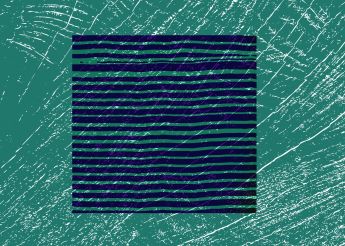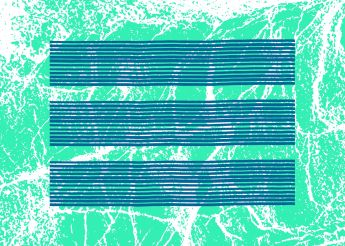My first moments in detention were marked by a mess of emotions. I was angry about everything that had happened, but a part of me also celebrated a kind of victory. I thought the authorities were making a huge mistake by imprisoning me, especially in Block D. It was a mistake to place me in an environment that allowed me not only to tell the story but also to see it with my own eyes.
At first, I didn’t think I would write a book or even an article. I just wanted to adapt, pass the time, and learn how to survive. I had always kept a journal and felt the need to reflect by putting words on paper. The idea of the book came gradually. It was born out of a desire to document my memories and share others’ stories.
I’m not a sociologist, but I love interviews. As I knew nothing of this world, I had countless questions. Those who were incarcerated with me found me a bit naïve, which amused them. Once I gained their trust, they were happy to answer me. It was a unique exercise for them. After a few months, I began accumulating piles and mountains of information. I realised there was much to explore.
Slowly, I began to truly investigate. I started by collecting and compiling information, without really hoping to understand the system; if I had, I wouldn’t have started. I noted everything, trying to absorb as much as possible, like a camera or a recorder. After a few months, I began to reread and analyse. That’s when I saw the bigger picture and realised the extent of corruption and the trafficking economy. I set out to delve deeper into drug trafficking, phone smuggling, pricing, and other small scams.
I aimed not only to conduct an investigation, but also to focus on narratives—what people had to say about society, religion, the political landscape, and violence. I was very curious to learn more about the people imprisoned alongside me. Plus, as I had no intention of returning to prison anytime soon, I knew I had to make the most of this opportunity.
I was fortunate because, in general, no one prevented me from writing. The prison administration didn’t find it suspicious that I read or wrote. I did, however, take certain precautions. For instance, I would smuggle my notebooks by hiding them in dirty laundry my relatives collected during visits. I avoided taking notes visibly or conducting interviews in front of others like a journalist. I would chat with people casually and wrote afterward.
I had no trouble communicating with those who were imprisoned with me. It was more difficult with the prison staff, who were wary. Everything said had to be filtered and verified. The most interesting information I obtained came from listening in on discussions rather than being an active participant. People tend to be more talkative when in groups, so I preferred to let them steer the conversation. There was no point in forcing discussions in a certain direction, as it would only lead to mistrust. I had to accept entering unfamiliar conversations, sometimes with pleasant surprises, sometimes not.





